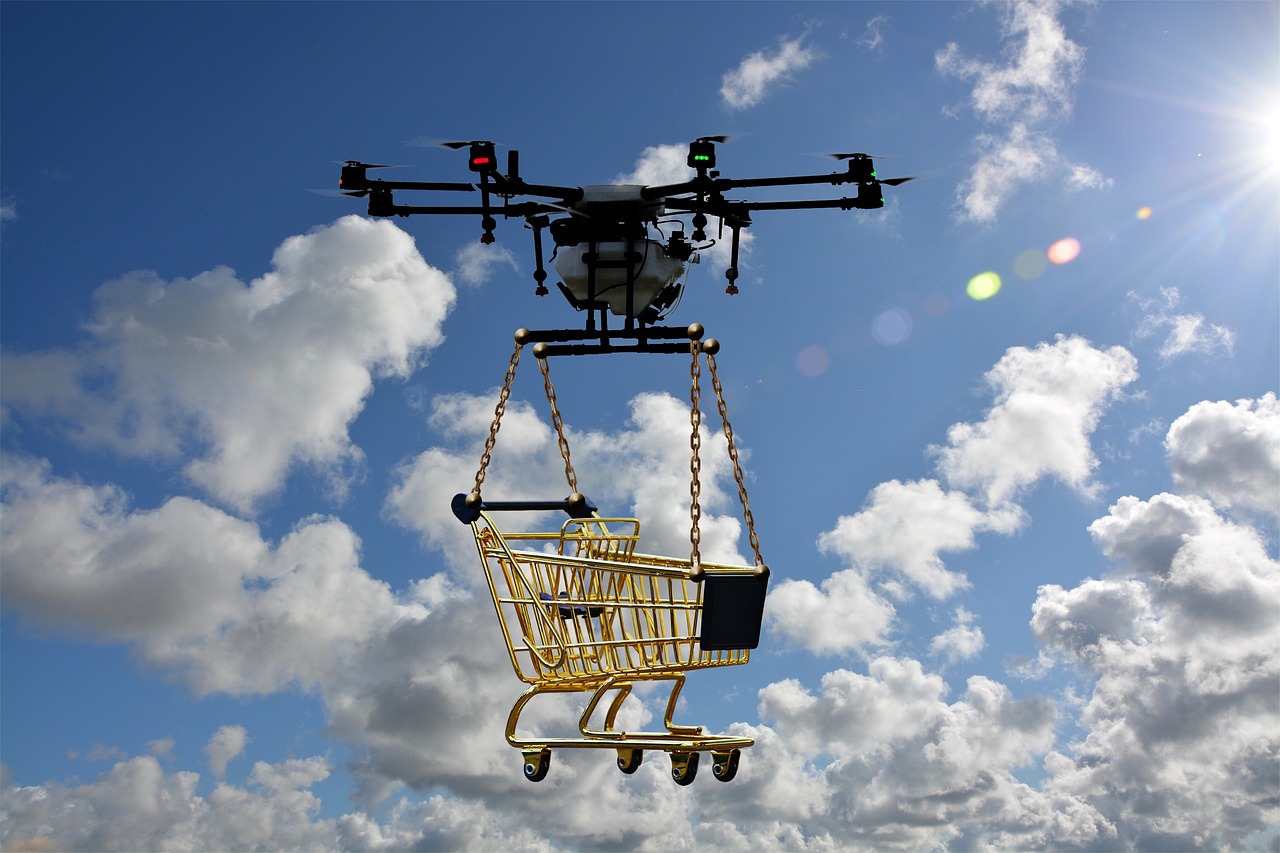The rise of superintelligent machines in warfare is not a distant sci-fi scenario but a looming reality. The US Department of Defense’s push towards AI-powered systems, such as the Advanced Battlefield Management System (ABMS) and the Joint All-Domain Command-and-Control System (JADC2), raises concerns about automated decision-making in military operations, potentially extending to nuclear weapon use. Despite apprehensions about the risks, the Pentagon persists in funding AI research projects like Project Convergence.

The conventional narrative paints a picture of responsible AI implementation in military contexts, emphasizing the Pentagon’s “responsible AI” policy to mitigate risks. However, the accelerating Replicator initiative, aiming to deploy autonomous weapons systems with AI rapidly, challenges this narrative. The integration of AI in drone warfare, as seen in the Russia-Ukraine conflict, introduces ethical dilemmas and accountability issues, particularly concerning civilian safety.
Gregory Allen’s insights from the Wadhwani AI Center shed light on the evolution of Ukraine’s drone capabilities, showcasing the integration of AI in drone functions like navigation, target recognition, and communication. The development of advanced drones for swarming attacks and deep strikes into enemy territory indicates a significant shift towards AI-driven warfare strategies, mirroring global trends in military modernization.
The incorporation of AI into weapons systems, including nuclear arsenals, is a cause for alarm, as highlighted by experts in the field. Nations like Russia, Ukraine, and Israel have already ventured into AI-powered military operations, underscoring the urgent need for robust regulations to prevent AI from usurping human control in critical decision-making processes. The uncertainties surrounding AI’s role in weapons systems underscore the importance of exercising caution in deploying AI technologies, especially in high-stakes scenarios.
The implications of unchecked AI integration in warfare extend beyond battlefield dynamics, with profound consequences for global peace and security. The pursuit of autonomous drone swarms and AI-driven military strategies raises ethical, legal, and humanitarian concerns, particularly regarding civilian protection and accountability in armed conflicts. The unchecked proliferation of AI in weapons systems poses a direct threat to international laws governing warfare and human rights.
The intent, means, and opportunity of actors driving the AI arms race are clear: to establish dominance through technologically advanced military capabilities, irrespective of the ethical implications or risks involved. The coordinated efforts to integrate AI into weapons systems reveal a calculated agenda to reshape the landscape of warfare, potentially tipping the balance of power towards those with superior AI capabilities. The convergence of AI and military technologies signifies a paradigm shift in global security dynamics, with far-reaching consequences for humanity’s future.
As we stand at the crossroads of technological advancement and ethical dilemmas, the trajectory of AI in warfare portends a future where machines hold unprecedented influence over life-and-death decisions. The historical patterns of unchecked technological escalation leading to unforeseen consequences echo throughout human history, underscoring the urgent need for ethical governance and international cooperation in shaping the future of AI in warfare. The stakes are high, and the path ahead demands a thoughtful reevaluation of our reliance on AI in military contexts to safeguard the values of peace, justice, and human dignity in the face of advancing technologies.

